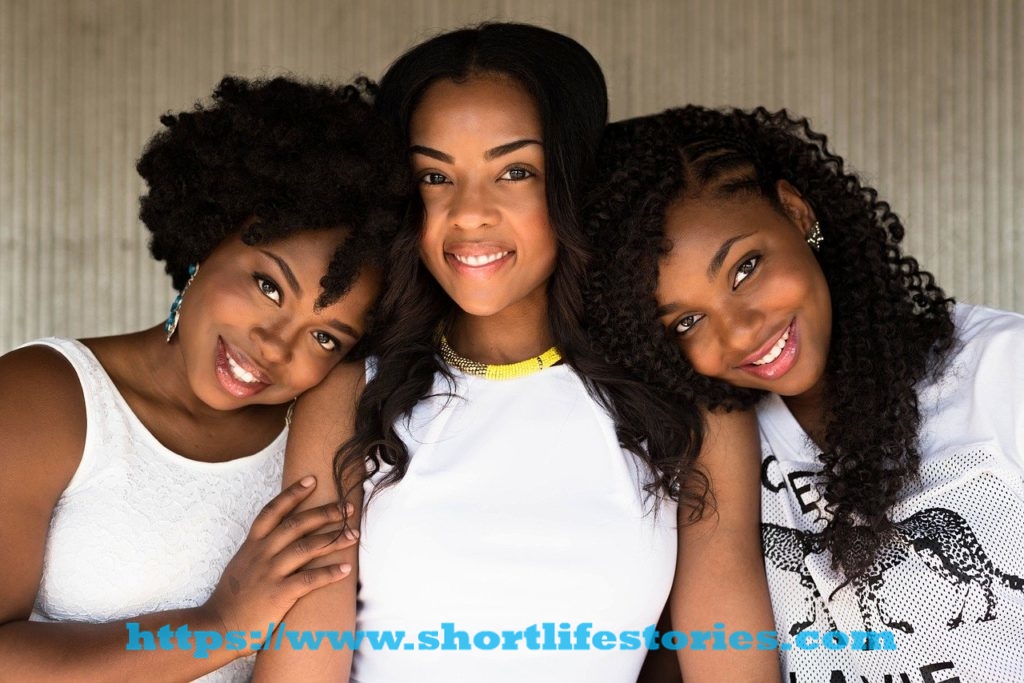Friendship is vital to our experience as humans. As a person, your own perspective is limited to your view of other people: you wouldn’t spend a second reflecting on yourself without others.
What would there be to reflect on? You’d have no art or trauma or humor or indeed many memories to mold you into the person you are without other people. Every time you relate to another, you learn more about where they end and where you begin.
Because most people are terrible, most of the ones you relate to on a day-to-day basis will not give you a particularly good image of yourself. At best you might think, “At least I’m not a total douche like them,” and at worst you’ll think, “I’m really no better than them, am I?”
To rectify this, we have created a category of relationship specifically tied to how good another person can make us feel about ourselves. We call that relationship a friendship.
Friendships are a form of self-affirmation that can liberate you from the constant need to affirm your worth before others. Sure, it’s possible you might admire a friend so much that you put yourself down in comparison to them. Or you might secretly enjoy the feeling of being better than them in some way.
However, at its best, friends make you feel good by showing you that there are things to like about you that don’t have to detract from anyone else.
But I’m not here to talk about the power of friendship or anything gay like that. No, no, no. I want to know what to do about those friendships that are… shall we say… far from the best.
When you’re not great at making friends, the smallest kindling of a potential friendship feels like your one tether to a good life. This is bad, because as we have stated, most people are terrible. And if you don’t curate the people you become close with, you’ll find the people that have curated you are not necessarily the best to fit your particular needs.
I think many of us have been friendless at one time or another, or at least felt that way. More often than not, the key to maintaining our epic friendless streak is to simply refuse interaction.
If you are looking to have fewer friends, write that down. Saying no to everything is an effective strategy.
Naturally, when we try to leave this friendless state for some unknown, probably pseudo-Hegelian reason some dumbass on Medium told us about, the simple way to do that is to just say yes.
Yes, old roommate from college, I’d love to catch up sometime. Yes, person on app, we should meet up for coffee. Yes, group of cousins with whom I am just friendly enough to meet up for dinner but not friendly enough for that dinner to not be quite awkward, I’d love to get dinner with you guys.
You close your eyes and wince as you bear the brute-force method of restoring human contact.
Unfortunately, while your eyes are closed, some unwise friendships trickle in.
I have found myself clinging to friendships that clearly didn’t work for me because I had no assurance that any other friend would resurface to take their place.
(It’s sad, but sometimes it makes sense to view friendship in economical terms like this.)
Some of these friends were downright bad. There was a venom to them that I couldn’t detect until it was inside me, messing with my sensory input.
You know the one I mean, right? The kind of friend who could outright tell me that I was only their friend because their friendship with another person had fallen apart. The kind of friend who would call my sexual orientation “being confused.” The kind of friend that would go off about how hard my mental health problems were for them.
Yeah, you know the one.
I have had friends that didn’t just make me dislike myself, but made me dislike others. I say people are terrible even now, years after the friendships that put that thought into my brain have ended.
But some of these friends were merely bad toward certain ends. Some people simply won’t show up for you in every scenario and that it doesn’t really make sense to write them off completely.
If you have a friendship in your life that’s bothering you, figuring out which of these categories your friend belongs in is where you start addressing it.
Let’s talk about those really bad friends.
A truly bad friend isn’t hard to detect. Do you find that you hate yourself a lot more than usual? Do you find that the fun you have with that friend fuels bad habits? Do you ever need someone to talk to desperately, and immediately know that this friend is the last person on Earth you would talk to about it?
Do you find that seeing your friend in an unexpected place and time makes you cringe and try to avoid eye contact?
It’s time to loose them.
